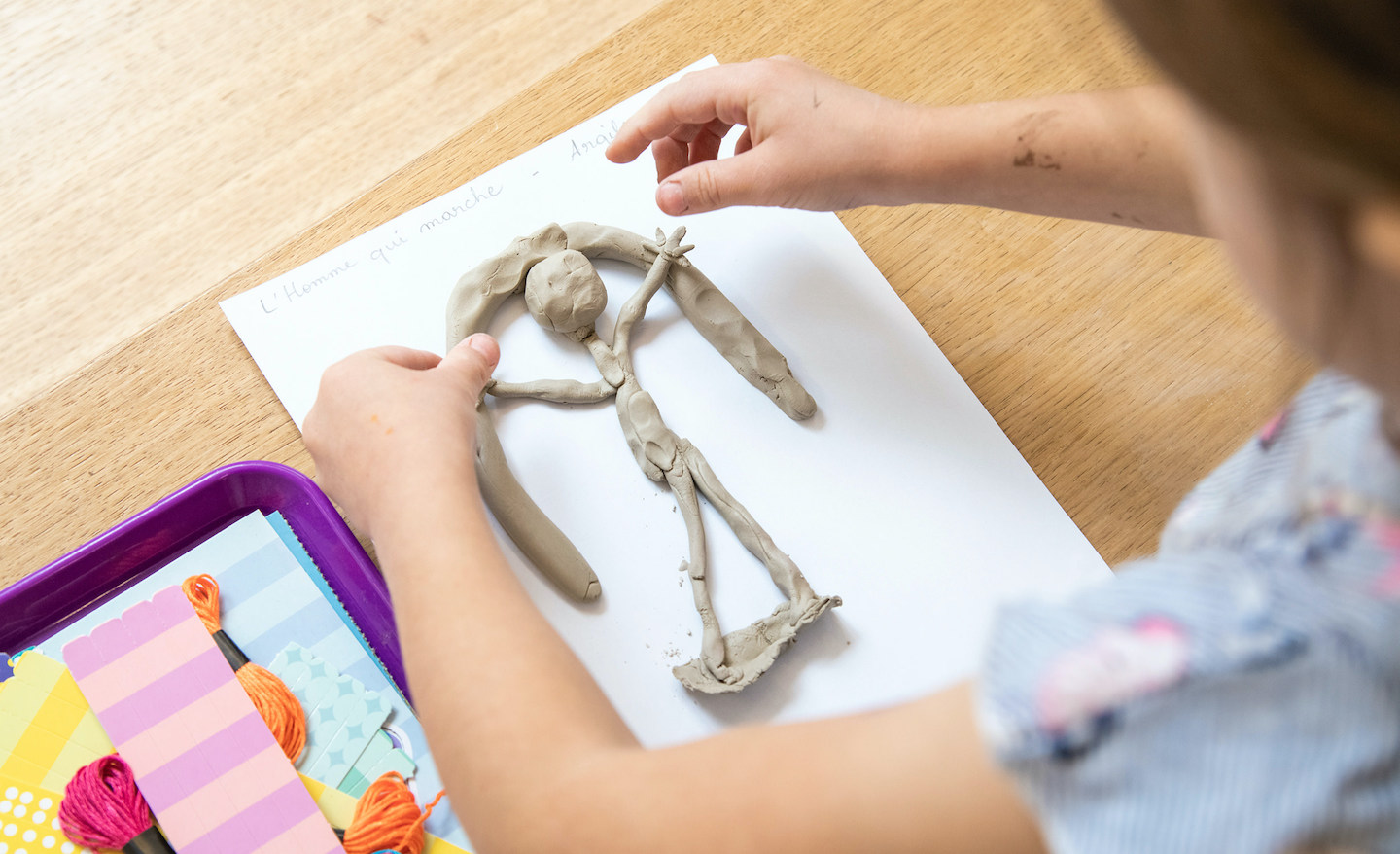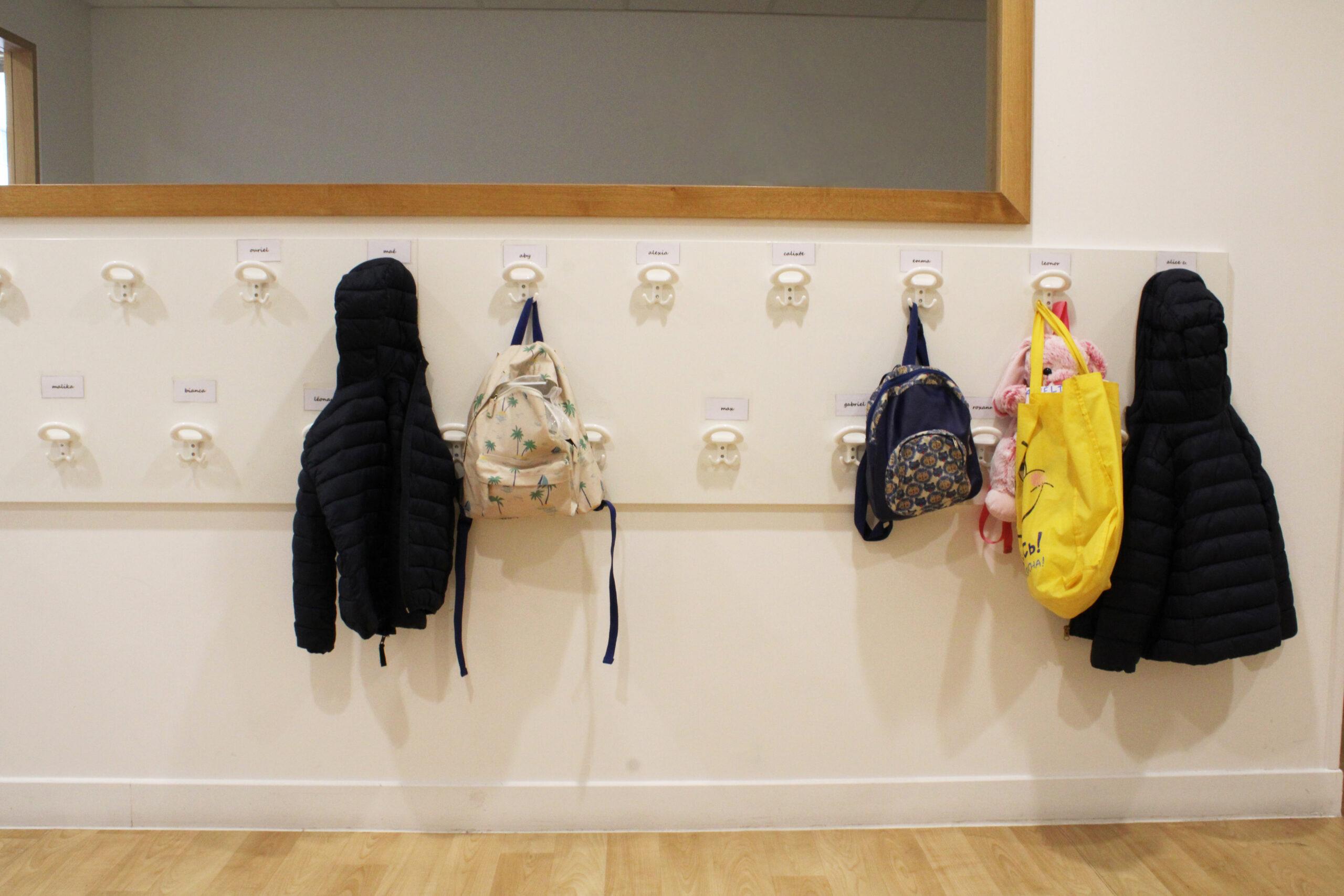At Wi-School, our mission is to provide every child with a safe, stimulating, and welcoming environment where they can build strong academic foundations, develop self-confidence, and thrive as part of a group.
Our Educational Vision: Excellence, Confidence, and Bilingual Mastery


A Bilingual Education from Preschool to 5th Grade
Our bilingual schools offer a 50/50 immersion in English and French, allowing children to evolve in a truly dual-language setting. Our dedicated team of native English- and French-speaking educators ensures that both languages are spoken daily, fostering natural fluency.
In preschool, all activities—including early literacy and language development—are conducted alternately in both languages.
In elementary school, apart from structured language studies in small, level-based groups, students engage with all subjects in both languages throughout the year, often through cross-disciplinary projects.
A French as a Foreign Language (FLE) option is available for non-French-speaking children.
A Curriculum Aligned with National and International Standards
We are committed to preparing our students for the future, ensuring they meet the French Education Nationale framework while integrating global best practices in teaching.
Beyond academics, our curriculum includes social-emotional learning, helping children develop self-confidence, adaptability, and collaboration skills—key foundations for their success.
Active and Individualized Teaching Approaches
Our diverse teaching team includes Montessori-certified educators, French Education Nationale teachers, Early Childhood specialists, and bilingual instructors. They implement active learning methodologies that promote independence, curiosity, and engagement while ensuring personalized academic support tailored to each child’s needs.
At La Caravelle (Paris 15) and Wi School – Beautiful Minds (Puteaux & Courbevoie), Montessori principles guide our 2-6 year-old programs, fostering autonomy and self-paced learning. From 1st grade onwards, Montessori is combined with other active pedagogies in multi-level classes.
At Wi School Boulogne, we offer an individualized, project-based approach, integrating active learning, oral expression, and artistic exploration to engage all learning profiles.
Comprehensive Services for Modern Families
To support busy families, Wi-School provides a wide range of bilingual extracurricular programs in partnership with Pari Grandir, a leader in bilingual educational centers. Our offerings include: Afterschool programs, Happy Mercredi – Wednesday Club and Holiday camps.
All activities take place on-site, ensuring children enjoy high-quality experiences in a familiar and enriching environment while giving parents peace of mind.
Wi-School: Inspiring Global Citizens, One Child at a Time
Through our bilingual, dynamic, and personalized education, we empower children to embrace learning with confidence and curiosity, preparing them to thrive in an ever-evolving world

